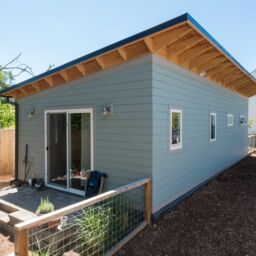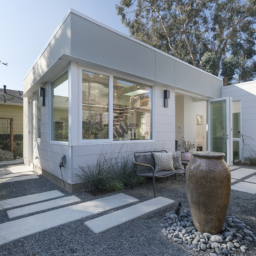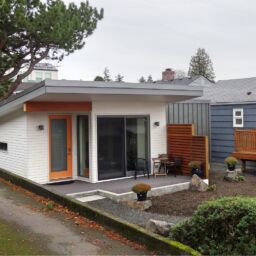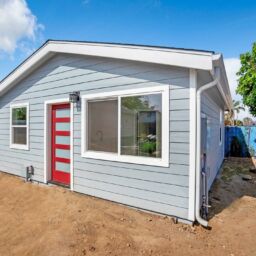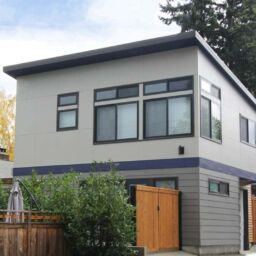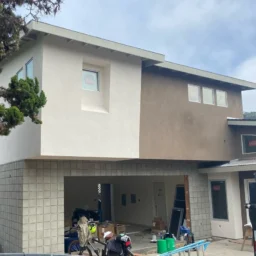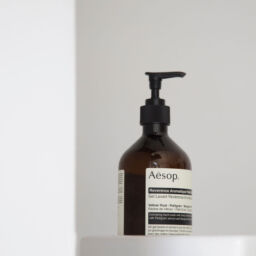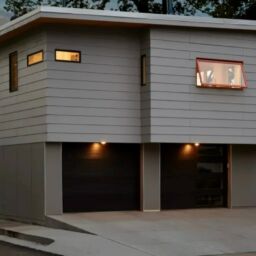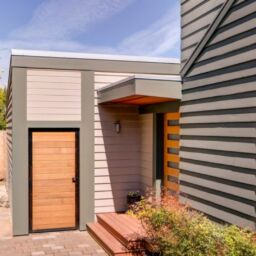Accessory Dwelling Units (ADUs) have become increasingly popular as versatile living spaces, offering homeowners an opportunity to maximize their property’s potential. When it comes to constructing an ADU, one must weigh the options between prefabricated units and those built through traditional construction methods, from the ground up.
Prefabricated ADUs, often touted for their convenience and speed of installation, come with certain limitations. While they may offer a quicker turnaround time, they often lack the flexibility and customization options that traditional construction methods afford. With prefabricated units, homeowners are confined to predetermined designs and layouts, limiting their ability to tailor the ADU to their specific needs and preferences.
On the other hand, ADUs built through classic construction methods provide homeowners with a myriad of benefits. These traditional construction processes allow for greater customization, enabling homeowners to work closely with architects and builders to design a space that seamlessly integrates with their existing property and meets their unique requirements. From layout to materials, every aspect of the ADU can be customized to suit the homeowner’s vision, resulting in a truly bespoke living space.
Furthermore, ADUs constructed through traditional methods often boast superior quality and durability compared to their prefabricated counterparts. By utilizing high-quality materials and skilled craftsmanship, traditional construction ensures that the ADU is built to last, withstanding the test of time and providing homeowners with a long-term investment that adds value to their property. While prefabricated units may offer a quick fix, opting for a traditionally constructed ADU ensures a higher standard of construction and overall satisfaction for homeowners.
In our humble opinion, while prefabricated ADUs may offer convenience, they often pale in comparison to ADUs built through classic construction methods. By choosing traditional construction, homeowners can enjoy greater customization, superior quality, and long-lasting value, making it the preferred choice for those looking to maximize their property’s potential with an ADU.




